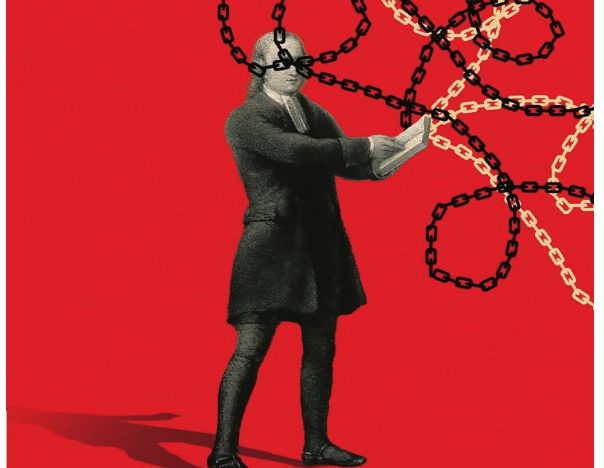UNITED STATES, June 18, 2024 (Christianity Today): HPI Note: We thought this article attempting to excuse the slave ownership by the founders of the modern Evangelical movement quite informative.
How should white evangelicals think about slavery and past evangelical heroes who affirmed its practice? A new book by historian Sean McGever, Ownership: The Evangelical Legacy of Slavery in Edwards, Wesley, and Whitefield, helps us process these matters with historical accuracy and Christlike humility. For many white American evangelicals, the issue of slavery is not much of an “issue” at all. After all, we live in a day where every country in the world outlaws the practice (at least on paper). We are rightly repulsed by practices reminiscent of slave ownership, like human trafficking and sweatshops. And we celebrate past evangelical leaders, like William Wilberforce, who tirelessly campaigned against the institution. Our denominations no longer split over slave ownership as they did prior to the American Civil War. Slavery, we thankfully conclude, lies in the rearview mirror of history. However, many of our white evangelical heroes have a complex relationship with slavery, a fact that can complicate our contemporary witness. What are white evangelicals saying when we honor such historical figures as towering exemplars of Christlikeness while treating their slave ownership (if we mention it at all!) as a minor character blemish, something “everybody was doing” at the time?
The book gives introductory biographies of each man before launching into two informative chapters that provide historical context: one on the history of slavery, and one surveying English and Puritan views on the subject. Here, McGever describes the attitude that prevailed in much of Christianity until the 1700s. As he puts it, “Slavery existed in the world as a result of sin and evil, and … the best course of action was to work within that system.” Edwards, Wesley, and Whitefield naturally adopted this outlook. In their ministerial training, as they studied the consensus found in English and Puritan writers on slavery, they likely absorbed the following lessons: White Christians must avoid the improper acquisition of slaves (“man-stealing” is forbidden, but enslaving prisoners of war or the offspring of slaves is allowable); the slave relationship must be guided by Christian virtue (slaves are to be obedient, masters temperate); and slaves should be evangelized, but conversion does not imply emancipation. This framework had centuries of the Western Christian tradition preceding it. It was thus quite natural, as each man engaged the surrounding socioeconomic world, for them to participate in slavery to varying degrees.
More of this review at source.
https://www.christianitytoday.com/ct/2024/june-web-only/ownership-sean-mcgever-slavery-edwards-whitefield-wesley.html

